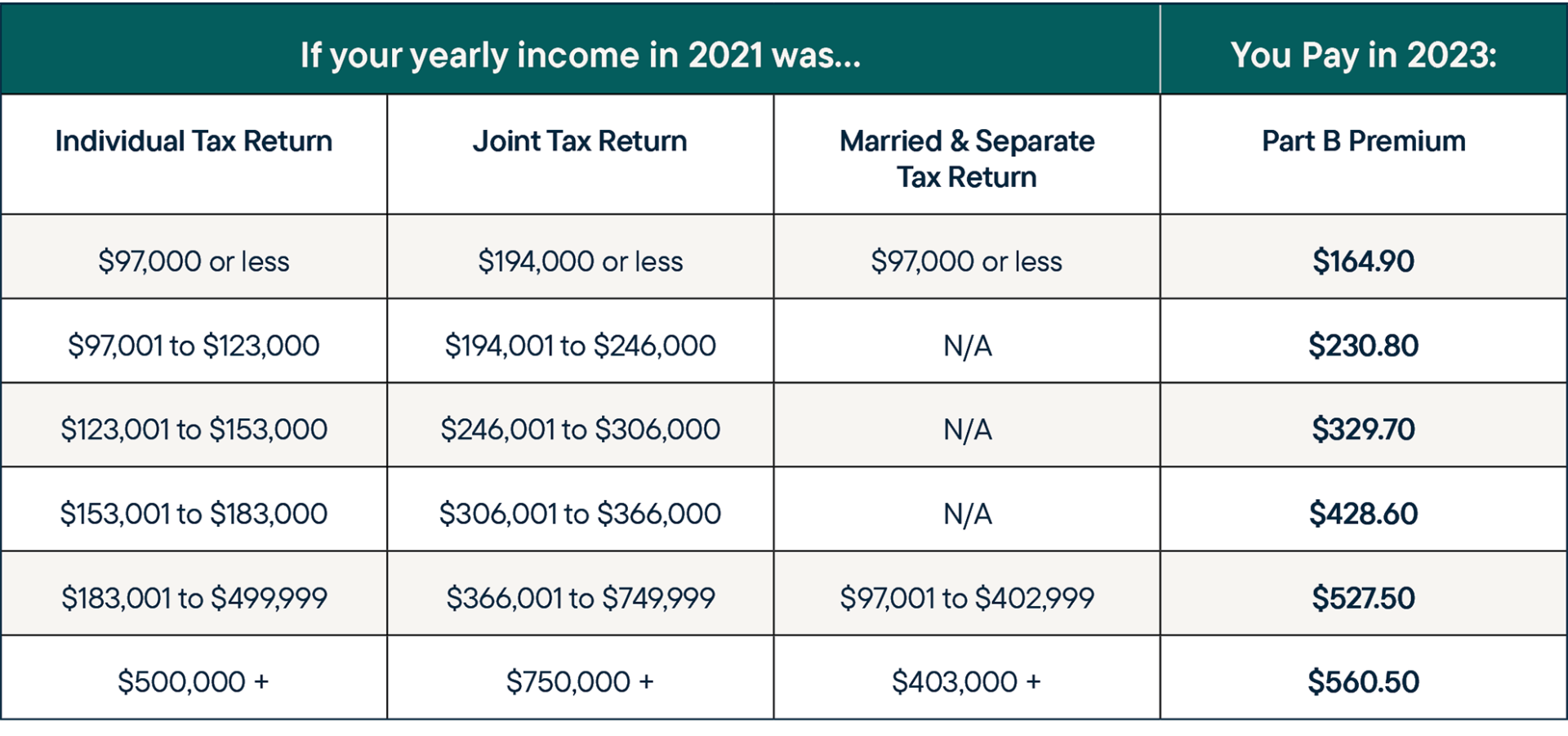As you approach retirement age, understanding the intricacies of Medicare eligibility becomes crucial. One aspect that often raises questions is the Medicare 5-year residency rule. This rule determines whether you qualify for Medicare benefits based on your legal residency status in the United States. In this article, we’ll break down the details of this rule, its implications, and what you need to know to ensure a seamless transition to Medicare coverage.
What is the Medicare 5-Year Residency Rule?
The Medicare 5-year residency rule, also known as the 5-year legal residency requirement, states that individuals must have maintained continuous legal permanent resident status in the United States for at least five years before becoming eligible for Medicare benefits.
This rule applies specifically to individuals who are not U.S. citizens by birth or naturalization. It is designed to ensure that only those who have established a long-term commitment to residing in the United States can access the Medicare program.
Who Does the Rule Apply To?
The Medicare 5-year residency rule applies to:
- Green card holders (legal permanent residents)
- Individuals with certain non-immigrant statuses, such as workers with H-1B or L-1 visas
- Individuals who have been granted asylum or refugee status
It’s important to note that this rule does not apply to U.S. citizens, as they are automatically eligible for Medicare once they reach the required age (65 in most cases) or meet other qualifying criteria, such as having certain disabilities.
Calculating the 5-Year Period
The 5-year period is calculated from the date you obtained legal permanent resident status in the United States. Any time spent in the country under a different legal status, such as a student visa or tourist visa, does not count towards the 5-year requirement.
Additionally, the 5-year period must be continuous, meaning that any breaks in legal permanent residency status will reset the clock, and you’ll need to start the 5-year countdown again from the date of your most recent legal permanent resident status.
Implications of the Rule
If you do not meet the 5-year residency requirement when you become eligible for Medicare, you may face the following consequences:
- You will not be eligible for Medicare Part A (hospital insurance) without paying premiums, even if you or your spouse have paid Medicare taxes while working in the United States.
- You may still be eligible for Medicare Part B (medical insurance) and Part D (prescription drug coverage), but you will have to pay premiums for these services.
It’s crucial to plan ahead and ensure that you meet the 5-year residency requirement before your initial Medicare enrollment period begins. Failing to do so can result in higher out-of-pocket costs or delays in accessing Medicare coverage.
Exceptions to the Rule
While the 5-year residency rule is generally strict, there are a few exceptions:
- Individuals who have been granted refugee or asylum status are exempt from the 5-year requirement and are immediately eligible for Medicare benefits.
- Certain non-immigrant workers, such as diplomats and their families, may also be exempt from the 5-year rule.
If you believe you may qualify for an exception, it’s essential to consult with the appropriate authorities or seek professional advice to understand your eligibility and the necessary documentation.
The Medicare 5-year residency rule is a critical factor in determining your eligibility for Medicare benefits as a non-U.S. citizen. By understanding the rule, its implications, and any potential exceptions, you can better prepare for a smooth transition to Medicare coverage and ensure you have access to the healthcare services you need during your retirement years.
What’s With This 5 Year Medicaid Rule?
FAQ
How do you get around the 5 year lookback?
What assets can you keep when you go on Medicare?
Can you have Medicare Part B and employer insurance at the same time?
Is Medicare Part B mandatory?

